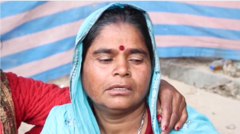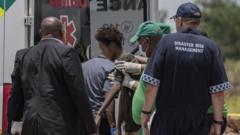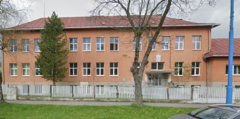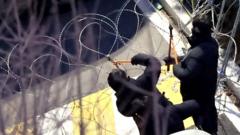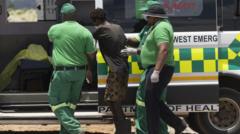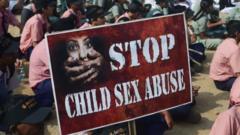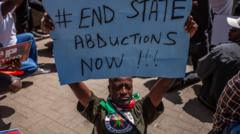Antônio Vinicius Gritzbach, a former PCC member, was targeted after cooperating with authorities in return for reduced sentencing.
Crypto Consultant Linked to Criminal Network Killed at São Paulo Airport
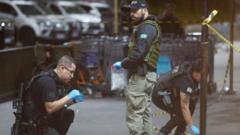
Crypto Consultant Linked to Criminal Network Killed at São Paulo Airport
A Brazilian crypto expert with ties to a notorious gang was fatally shot at Guarulhos Airport in São Paulo.
A chilling incident unfolded at São Paulo's Guarulhos Airport when Antônio Vinicius Gritzbach, a Brazilian businessman and cryptocurrency consultant, was shot dead by assailants believed to have ties to the Primeiro Comando da Capital (PCC), one of Brazil's most powerful criminal organizations. This shocking attack, which left three others injured, occurred during broad daylight and was captured on the airport’s security cameras.
Reports indicate that Gritzbach had recently entered into a plea bargain with prosecutors, promising to provide critical information regarding the PCC's operations. His cooperation allegedly led to death threats from the gang, prompting concerns for his safety. Eyewitness footage shows two masked gunmen exiting a vehicle and opening fire as Gritzbach attempted to flee.
Once a prominent figure within the PCC, Gritzbach had shifted gears to assist law enforcement. His plea deal reportedly included provisions for a judicial pardon and a significant reduction in his sentence for money laundering offenses. He claimed to possess vital knowledge about the gang's extensive money-laundering activities and vowed to help identify additional PCC members while contributing documents pertinent to the investigation.
The PCC, which surged to prominence in the early 1990s, is infamously known for trafficking large quantities of cocaine internationally. A recent report estimated that this gang earns close to $1 billion each year from its illicit operations. Furthermore, recent investigations have uncovered a significant presence of PCC affiliates in global regions, including an estimated 1,000 members in Portugal alone.
This incident raises alarming questions about the extent of organized crime in Brazil and how deeply it can affect those who attempt to break its cycle of violence.

